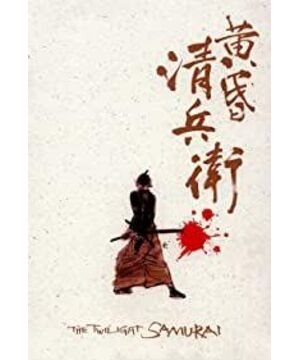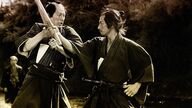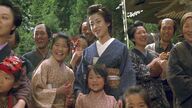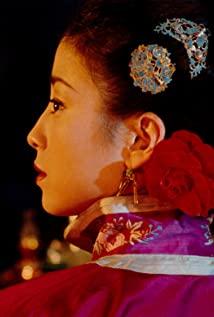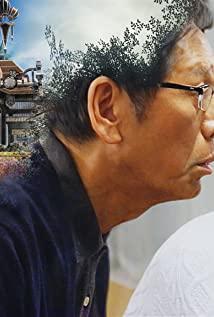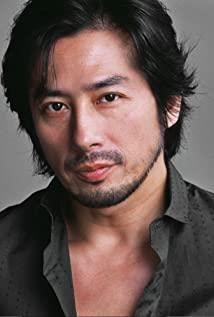The junior samurai Iguchi Kiyobei lived a tight life due to the death of his wife, and his clothes were not very clean. After get off work, he never went to the tavern with his colleagues to drink and have fun, and went straight home to take care of his old mother and two young daughters. Very different way of life, it is nicknamed Dusk Qingbingwei. Soon after the opening, in the twilight, Qingbingwei hurried home. At this time, the Japanese shakuhachi played a desolate and distant music, and the scene of the smoke curling up on the ground made people feel emotional: the warmth of loving family in life is so real and important , Although a man's deep love for his family and sense of responsibility seem out of place on the surface, his independent spirit has already emerged. In the film, the distant shakuhachi sounds like a tone, which makes the film have a simple and quaint temperament, which is intoxicating. Qingbingwei's persevering inner spirit is greatly different from his external poor image, and his outstanding performance can be seen here. Some small details are enough to explain this. For example, when his daughter talked about reading the Analects in school, he told her that one has the ability to think in school, and thinking can make people survive. It can be seen that Qingbingwei is a rare warrior with thought.
What is masculinity? Don't admire vanity, be responsible and responsible, love those who should be loved, and at the same time have the courage to fight. It is this rare kind of masculinity that Qingbingwei possesses. My favorite is the quaint soundtrack of the movie. In addition to the unique expressive power of the shakuhachi music, there is also the beating of drums that express the urgency of the situation and the urging of partridges. He fought with a stick to a knife, and he won't declare it, and even kept it a secret from the woman he loves. He had no choice but to accept the lord's order. At the critical juncture on the eve of the battle, Ye Xiao's cry made the night as tense and heavy as his mood. When the shakuhachi sounds desolately in the empty mountains and fields, as a very expressive sound background, it expresses the fate and tragedy of human life incisively and vividly.
His bravery and perseverance does not lie in being brave and ruthless, but in his new understanding of the times. He said that the era of using swords has passed, and he is willing to practice the spirit of Bushido with bamboo swords. How strong is his compassion for life and death, he He is a great man with ancient style, that is, classical beauty. Naturally, in the end he also won the true love of his childhood sweetheart.
View more about The Twilight Samurai reviews


